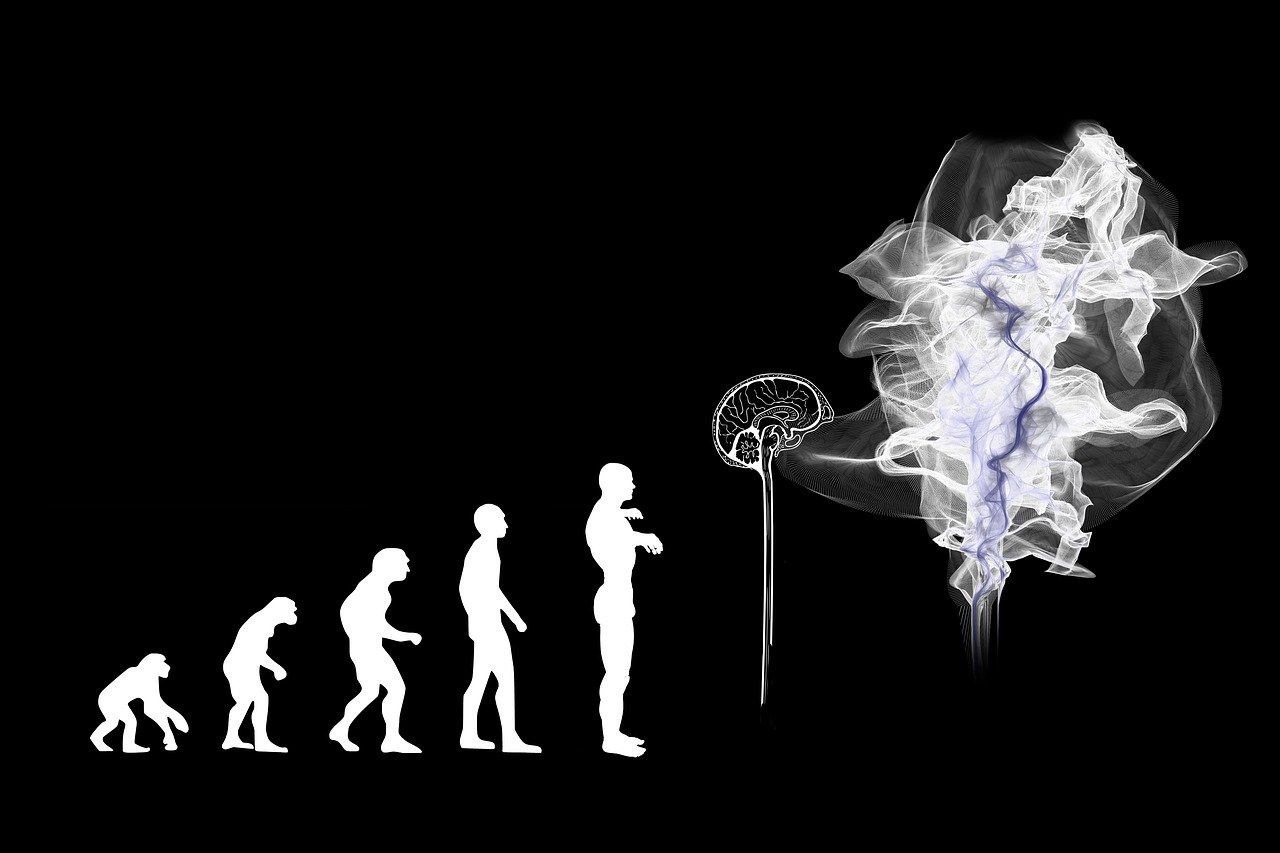Artificial Intelligence (AI) is a double-edged sword that has captivated the world with its transformative potential while simultaneously instilling apprehension about its unchecked growth. It has become a pivotal part of our lives, driving innovation, efficiency, and convenience, yet lurking in the shadows are concerns about its unchecked power and potential misuse. In this week’s landmark meeting, called by tech visionary Elon Musk, world tech leaders and US senators convened to address these pressing concerns, ushering in a new era of AI governance.
Elon Musk, known for his pioneering work in electric vehicles and space exploration, framed this gathering as a “service to humanity.” At the heart of the meeting lies a profound need to ensure that AI technologies are harnessed for the benefit of society, with a particular emphasis on safety and the general public’s best interests. This clarion call comes in response to the growing surge in AI investment and public interest, as well as the realization that unchecked AI development could have far-reaching and unpredictable consequences.
One of the central issues addressed in this pivotal meeting is the rise of deep fake technology. Fueled by advanced AI algorithms, deep fakes can potentially manipulate videos and audio to create convincing but entirely fabricated content. This poses significant threats to privacy, national security, and the spread of misinformation. In response to these concerns, a six-month halt on developing systems more potent than GPT-4 was announced in March, signaling a proactive stance in mitigating potential societal hazards.
Public figures from various walks of life have voiced their opinions on AI, ranging from unbridled optimism to deep concern. Musicians, artists, and authors, like Grimes and Yuval Noah Harari, have lauded AI’s potential to enhance creativity and problem-solving. Others, such as Stephen Hawking and Bill Gates, have sounded the alarm about AI’s potential to outpace human control. This divergence of views reflects the complex and multifaceted nature of AI’s impact on society.
The conversation around AI also delves into the realm of creativity and plagiarism. With AI systems like GPT-3 capable of generating remarkably human-like content, concerns about intellectual property and originality are paramount. The creative process once considered the exclusive domain of human minds, now encounters a formidable competitor in the form of AI. Striking a balance between harnessing AI’s creative potential and safeguarding intellectual property rights is a challenge that requires careful consideration.
At its core, the discourse on AI transcends the realm of technology and ventures into the philosophical. Questions about the nature of consciousness, ethics, and the essence of humanity have taken center stage. As AI systems become more sophisticated and autonomous, we are confronted with profound questions about the moral and existential implications of creating entities that mimic human intelligence. Do these machines possess a form of consciousness? How do we define their rights and responsibilities in society?
The meeting called by Elon Musk serves as a pivotal moment in the ongoing dialogue about AI’s role in our world. It signifies a collective recognition that, as stewards of this remarkable technology, we must tread carefully and responsibly. AI can potentially revolutionize our lives, but it also carries the seeds of unintended consequences. As we venture further into the age of AI, it is imperative that we navigate this uncharted territory with prudence, ethics, and a deep commitment to the well-being of humanity. The decisions made today will shape the course of AI’s journey, and with it, the future of our society.
